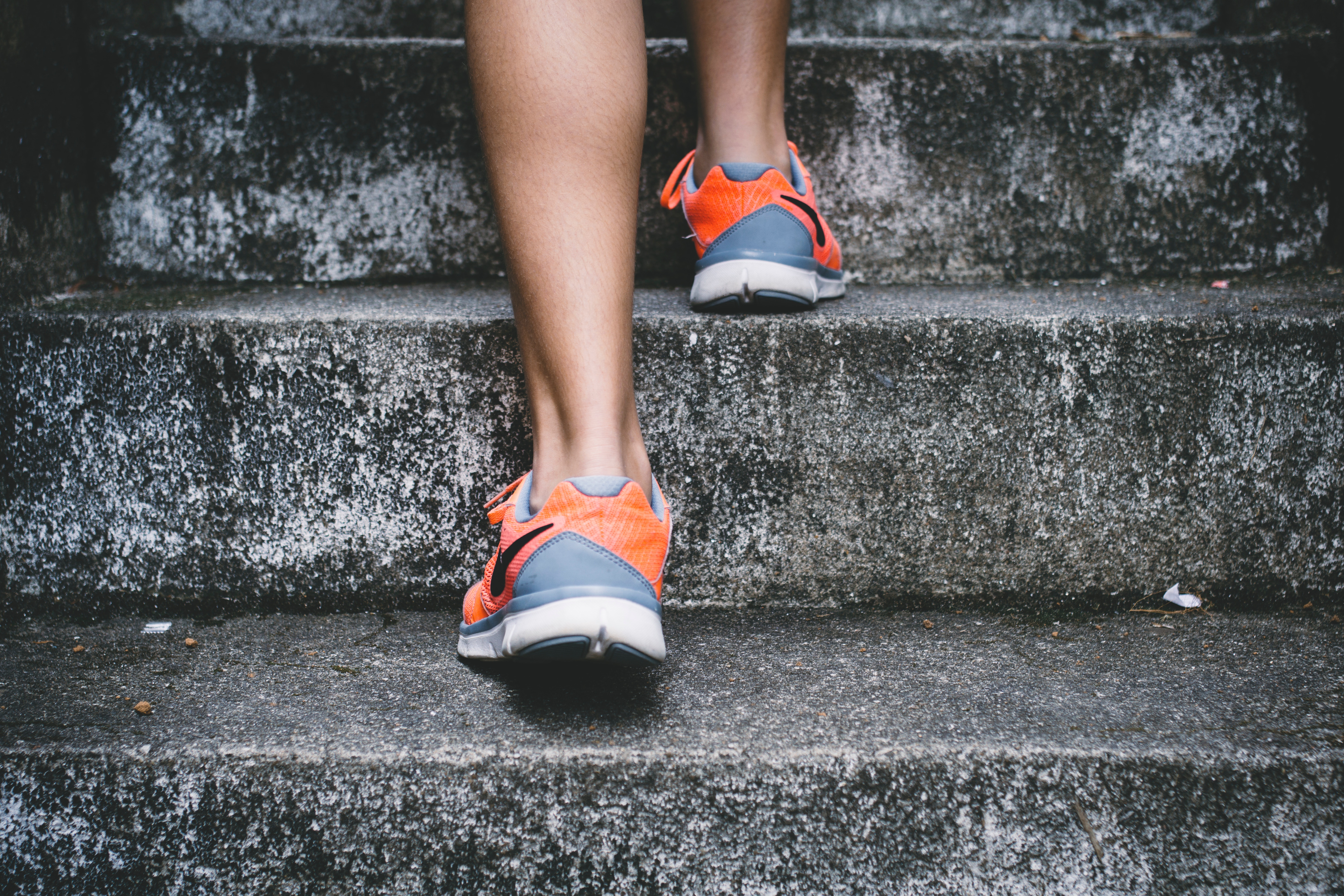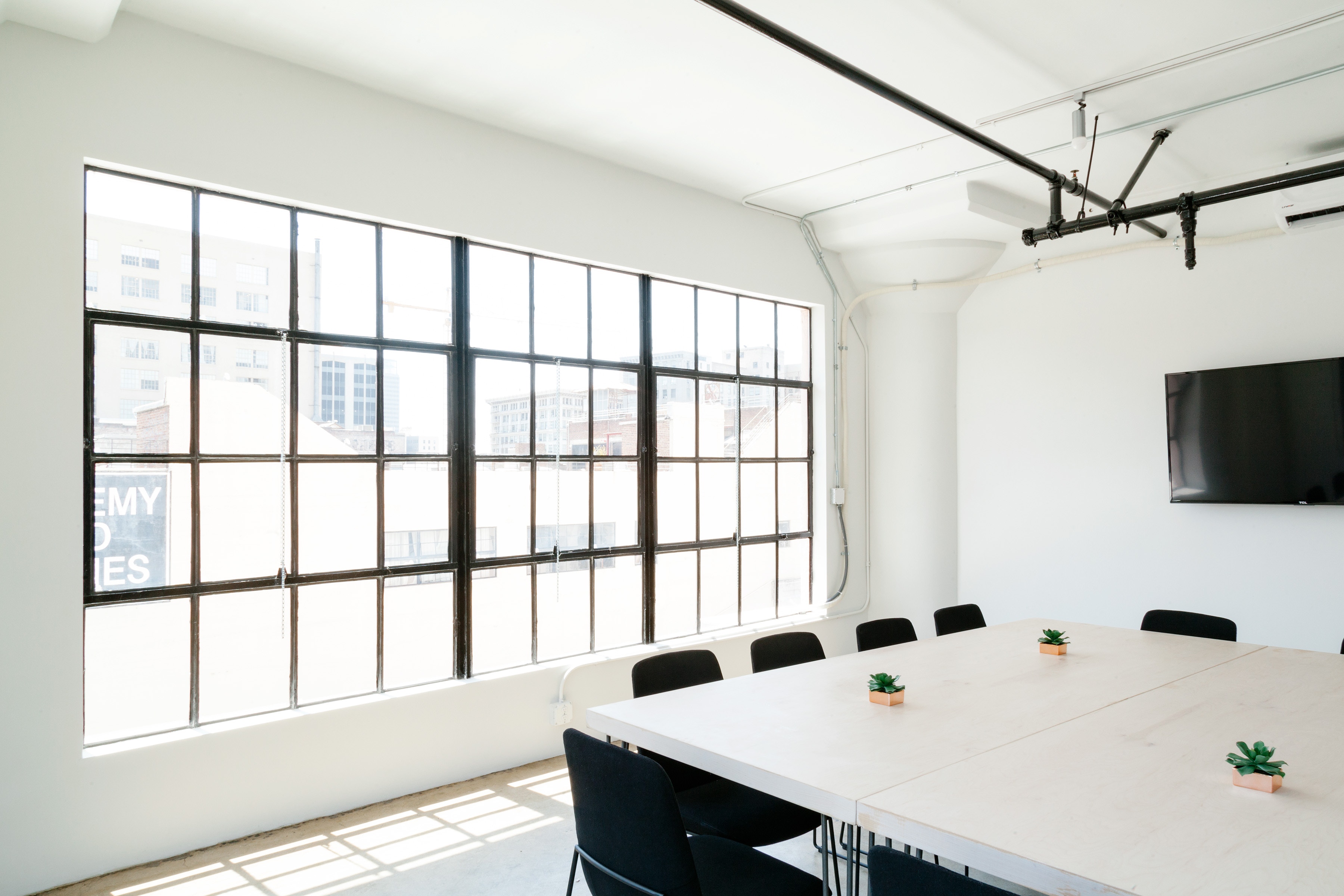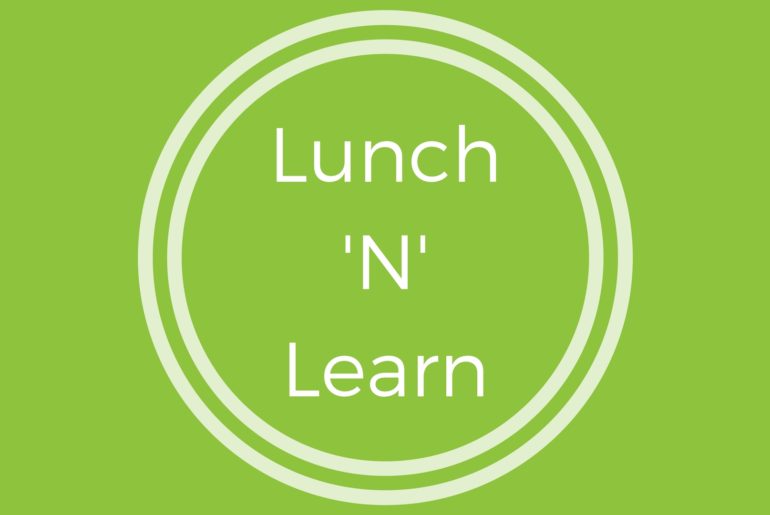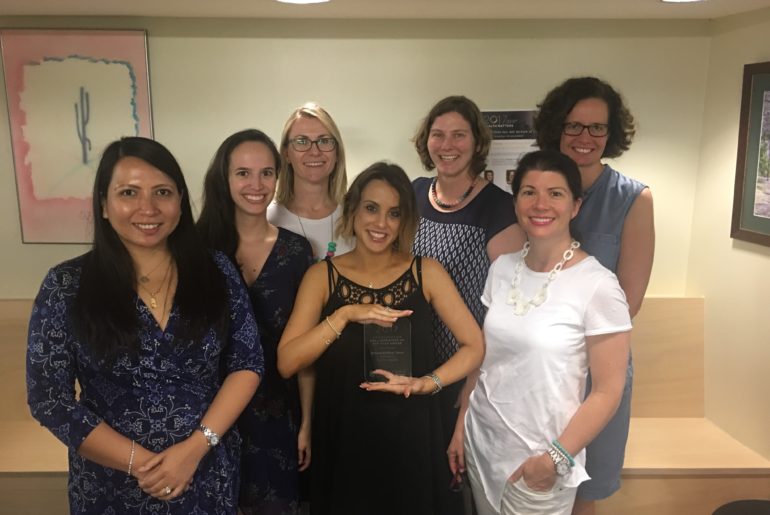The following press release originally appeared on the BMJ Newsroom and was published on March 23rd 2019. Spending large amounts of time sitting or lounging around during the day is linked to around 70,000 deaths per year in the UK and the NHS spends in excess of £0.7bn per year treating the health consequences, suggests research from Queen’s University Belfast and Ulster University published online in the Journal of Epidemiology & Community Health. A large proportion of the UK population have sedentary jobs and leisure activities, and official physical activity recommendations regarding sedentary behaviour are vague. Previous studies have shown that spending large parts of the day sitting down increases the risk of cardiovascular disease, type 2 diabetes, cancer and death and is a burden on health services. But no estimate of the financial impact that sedentary behaviour has on the NHS has been calculated, so the authors set out to do just that. Figures calculated by other researchers on the impact sedentary behaviour has on the relative risks of five specific health conditions (type 2 diabetes, cardiovascular disease, colon cancer, endometrial cancer and lung cancer) and deaths from all causes were combined with figures on the percentage of adults…
Health Check: do we really need to take 10,000 steps a day?
The following article, written by Corneel Vandelanotte, Kerry Mummery, Mitch Duncan, and Wendy Brown, was originally published in The Conversation on February 6th, 2019. You can read the original article here. Regular walking produces many health benefits, including reducing our risk of heart disease, type 2 diabetes and depression. Best of all, it’s free, we can do it anywhere and, for most of us, it’s relatively easy to fit into our daily routines. We often hear 10,000 as the golden number of steps to strive for in a day. But do we really need to take 10,000 steps a day? Not necessarily. This figure was originally popularised as part of a marketing campaign, and has been subject to some criticism. But if it gets you walking more, it might be a good goal to work towards. Where did 10,000 come from? The 10,000 steps concept was initially formulated in Japan in the lead-up to the 1964 Tokyo Olympics. There was no real evidence to support this target. Rather, it was a marketing strategy to sell step counters. There was very little interest in the idea until the turn of the century, when the concept was revisited by Australian health promotion researchers in 2001 to encourage people to be more active. Based on…
VicHealth Award Nomination!
We are super excited to announce that BeUpstanding™ has been nominated as a finalist in the VicHealth Awards, under the category Research into Action. It feels great to be recognised for our work of translating the Stand Up Australia research program into BeUpstanding™. You can check out our spotlight here. We would like to thank our wonderful partners and collaborators: VicHealth, Comcare, Safe Work Australia, Queensland Office of Industrial Relations, Healthier Workplacce WA / Heart Foundation WA (now transitioned to Cancer Council WA), The University of Queensland, Deakin University, Baker Heart & Diabetes Institute, and Curtin University. And of course, a huge thank you to all of the champions and work teams who have taken up BeUpstanding™ in their workplace. We continue to work hard to provide the best resources to help you stand up, sit less, and move more throughout your day. Congratulations to all of the other finalists! There are some incredible teams, so go check them out on the VicHealth Awards page, and make sure you stay tuned…winners will be announced December 5th, 2018.
The Truth Behind the Standing-Up-at-Work Movement
This article, written by Thea O’Connor, was originally published in INTHEBLACK on November 1, 2018. You can read the original article here. How can you make the shift from spending three-quarters of the day sitting to a more dynamic way of working? Researchers and workplace practitioners are standing up for standing. Whenever Sydney-based CPA Jennifer Bachir answers the phone or reads a document at work, she stands. “I have a very sedentary job and can sit for up to three hours at a time,” says Bachir of Key Financial Consulting. “When I became aware of the health risks of prolonged sitting, I developed the habit of standing for 15 minutes every hour.” Bachir found that adding standing to her exercise routine of going to the gym four times a week makes her feel much better, and she has no doubt about the brain benefits of standing on the job. “When I stand up to talk to clients on the phone, I’m more alert,” she says. “It also makes a difference to the tone of my voice – I’m more assertive.” The average office worker today is more immobile than at any other point in human history. Hunter-gatherers walked an average of 15 kilometres…
C’mon Mackay-Isaac-Whitsunday, Let’s Shape Up!
If you are in central or north Queensland, here is an added incentive to get your work colleagues to sit less and move more. The Mackay and Central Queensland Hospital and Health services are encouraging their population to get involved in a great community challenge with some healthy competition. Read on to find out how the Mackay-Isaac-Whitsunday regions are promoting people to get involved. C’mon Mackay-Isaac-Whitsunday, Let’s Shape Up! and show Central Queensland Hospital and Health Service (CQHHS) we are the rightful owners to the title of healthiest regional community in Queensland. Help us by joining the Mackay Hospital and Health Service (MHHS) vs CQHHS health challenge. Count your steps, reduce your waist circumference and kilos, and make bite-sized changes towards a healthier lifestyle, you could even win a $3,000 Mackay City Centre incentive prize for an individual who makes the most overall improvement to their waist measurement, kilograms, and steps. So to be in the draw you need to be signed up as a Mackay hospital and Health Service challenge participant and regularly log your waist measurements, kilos, and steps. Why not inspire your workplace tribe, become a health challenge coordinator in your workplace, and encourage your colleagues to join you…
100 Champions!!!
We are jumping for joy because 100 champions have officially joined the BeUpstanding™ revolution! We are so excited to have you on board! And as always, we are very grateful to all champions and work teams who have signed up in the quest to make their workplaces healthier. If you are already a champion and are looking for inspiration, head over to our post on the “Top Tips From Champions For Champions” and our Motivational Email Tips. Not a champion yet, but curious what a BeUpstanding™ champion is? Head over to our blog, “BeUpstanding™ Champion – What’s That? And Can I Be One?”. And check out our posts on who’s come on board and the top reasons to BeUpstanding™ to learn more about why BeUpstanding is so fantastic! If you want to join the movement head over to beupstanding.com.au and click “Sign up”.
Healthier Workplaces WA BeUpstanding Lunch ‘N’ Learn
Check out this amazing Lunch ‘N’ Learn seminar that Healthier Workplace WA held in November. It was led by Leon Straker who is a professor of Physiotherapy at the School of Physiotherapy and Exercise Science at Curtin University. As an expert in the field, Leon provides a thorough review of the benefits of moving more and sitting less, and the dangers of too much sitting. He also gives a great overview of the BeUpstanding™ Champion Toolkit, what it means to take part in BeUpstanding™, and how you can start your BeUpstanding™ journey today. Lunch ‘N’ Learn seminars are a fun and engaging way to educate the workforce about the benefits of taking part in BeUpstanding™. They can also help people understand how the initiative can fit into their workplace. If you hold a session like this please share it with us! We love to hear your experiences and feedback so we can learn from you!
UQ Commendation Award for Collaborators of the Year!
We have some exciting news! The BeUpstanding™ Team received a commendation award for collaborators of the year from the University of Queensland in the Faculty of Medicine. We are honoured that our hard work over the past year has been reconginised! We could not have done it without the participation and engagement of workplace champions and the support from our incredible industry partners (VicHealh, Queensland Office of Industrial Relations, Safe Work Australia, Heart Foundation / HeathierWorkplaceWA, and Comcare). We have been working hard and have exciting things planned in 2018 that we cannot wait to share with you! To be one of the first to know, sign up to our newsletter (at the bottom of this page). Pictured are just some of our Outstanding Upstanding team. Image (Left to right): Genevieve Maher, Jennifer Warren, Brianna Fjeldsoe, Ana Goode (Program Translation Leader), Genevieve Healy (Principal Investigator), Anne Bannister, Sheleigh Lawler.
Moving every half hour could help limit effects of sedentary lifestyle, says study
Exercise is not enough to ward off the risks of sitting still for long periods of time, regular movement is key! This recent article in the Guardian highlights the latest evidence…
BeUpstanding™ is now live!
After nearly two years of behind the scenes work, and building on more than a decade of evidence, the team at BeUpstanding™ are very excited to let you know that the toolkit is now live and recruiting! In this “soft launch” phase of the toolkit, we are really keen to hear from YOU – the champions, workers, and organisations about your experiences with the toolkit. This will help us to continue to improve the toolkit and resources for other champions and their teams. So – sign up now! and don’t forget to also follow and like our Instagram.










